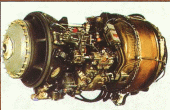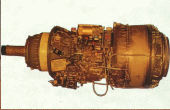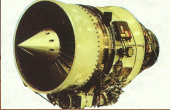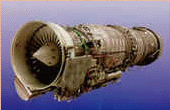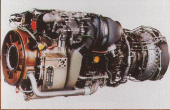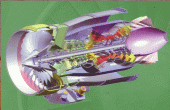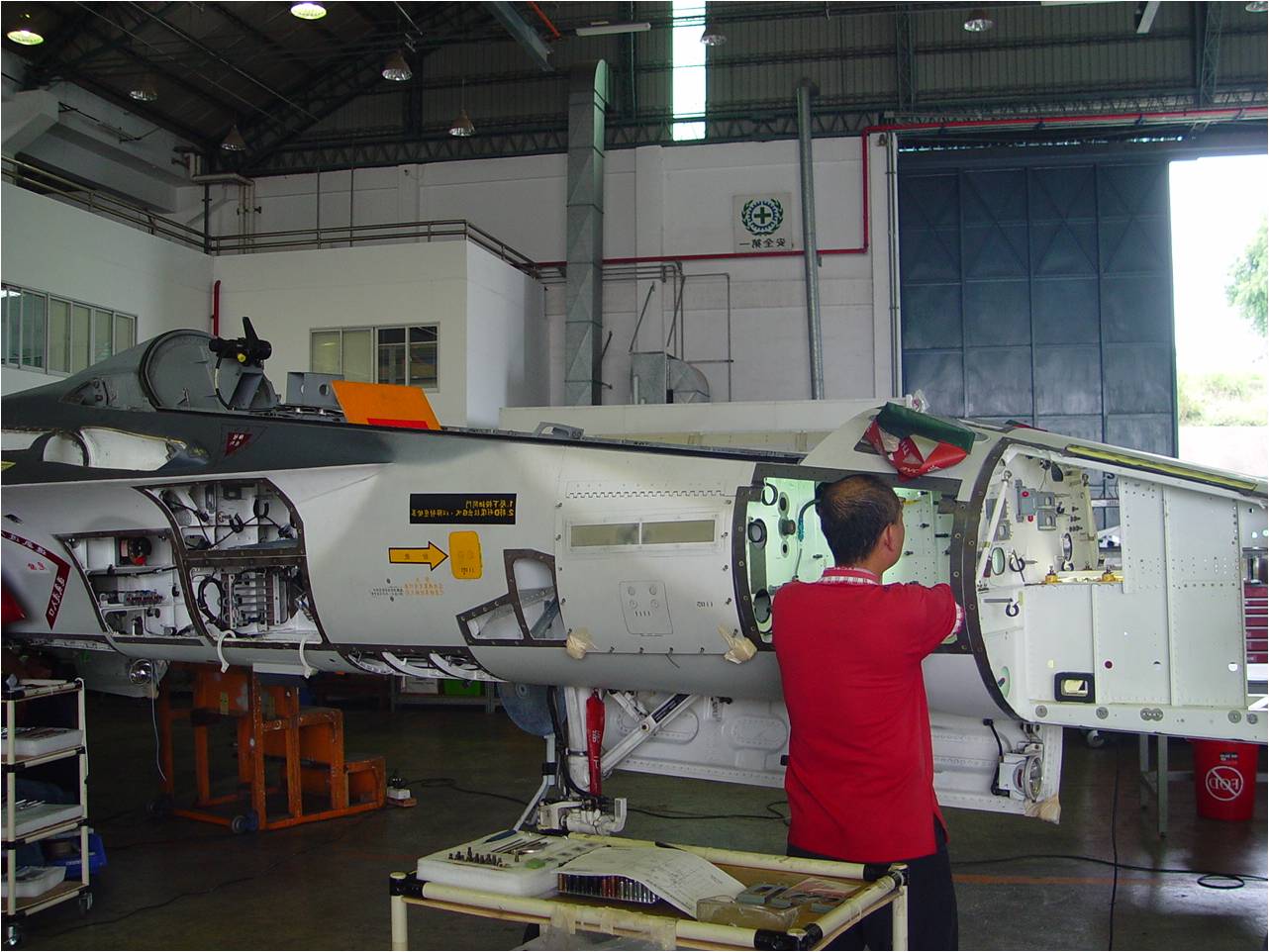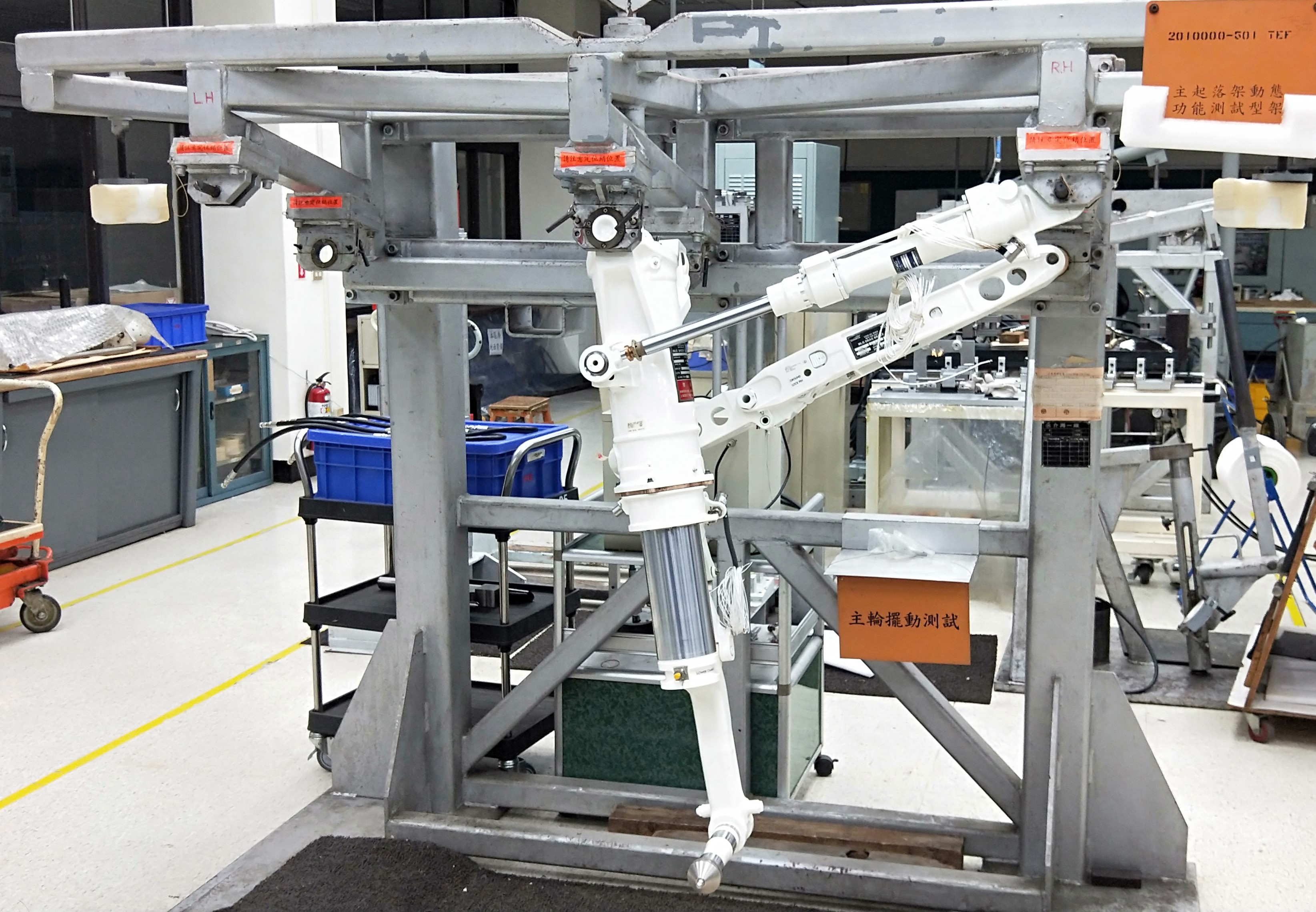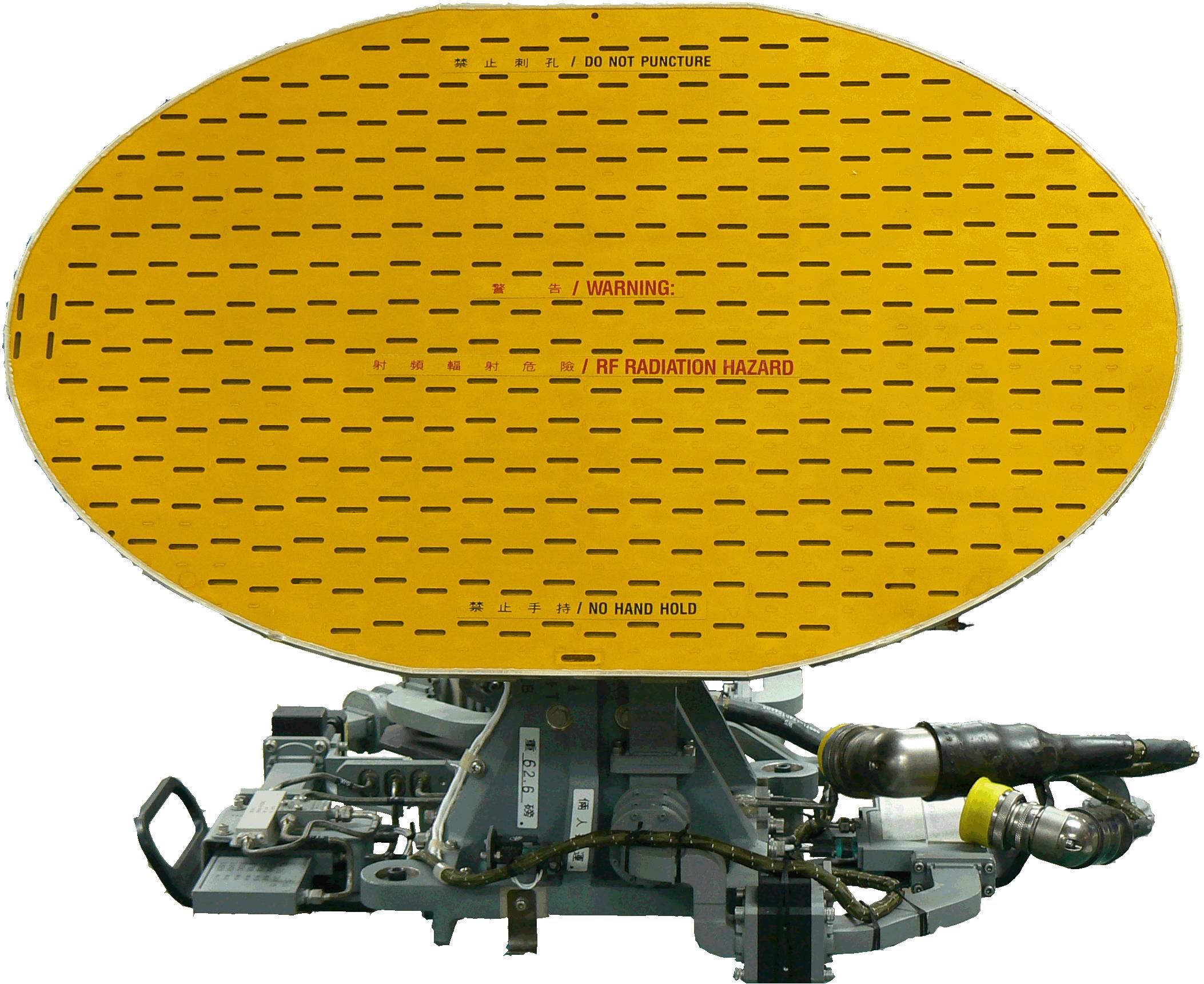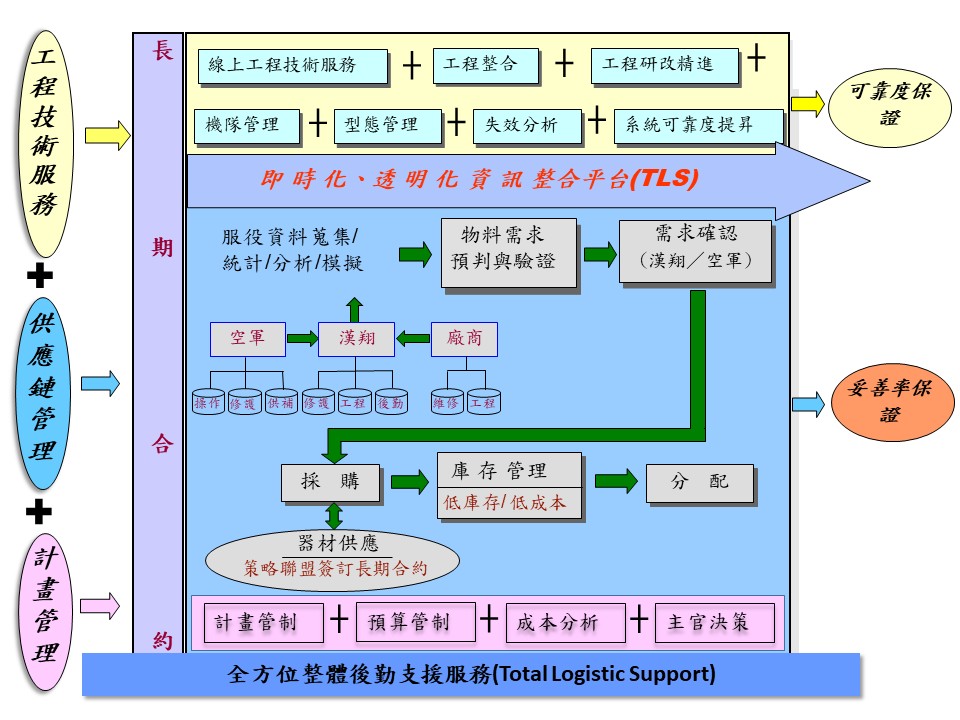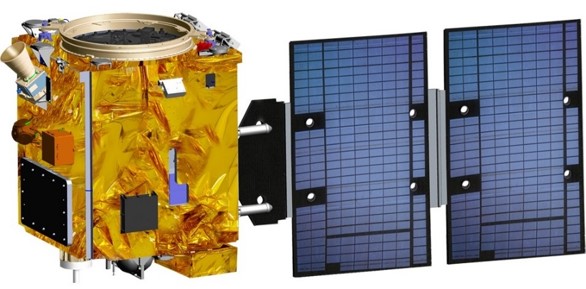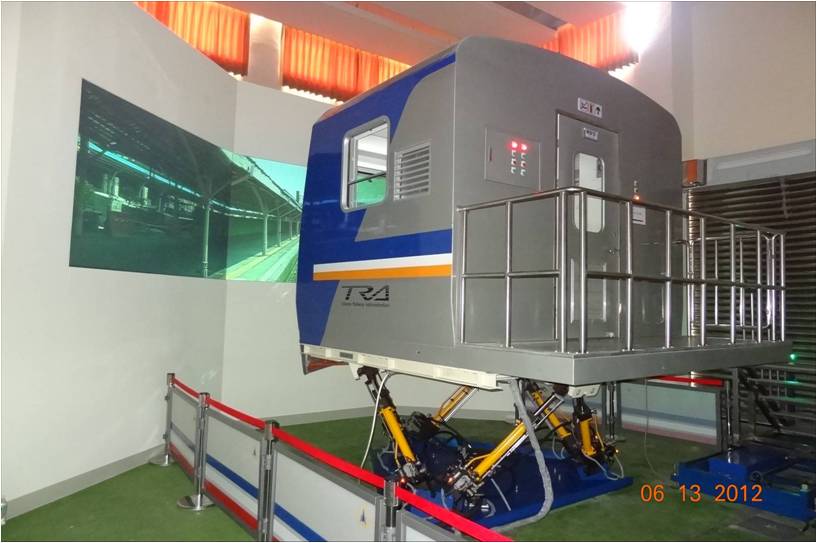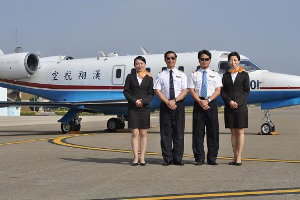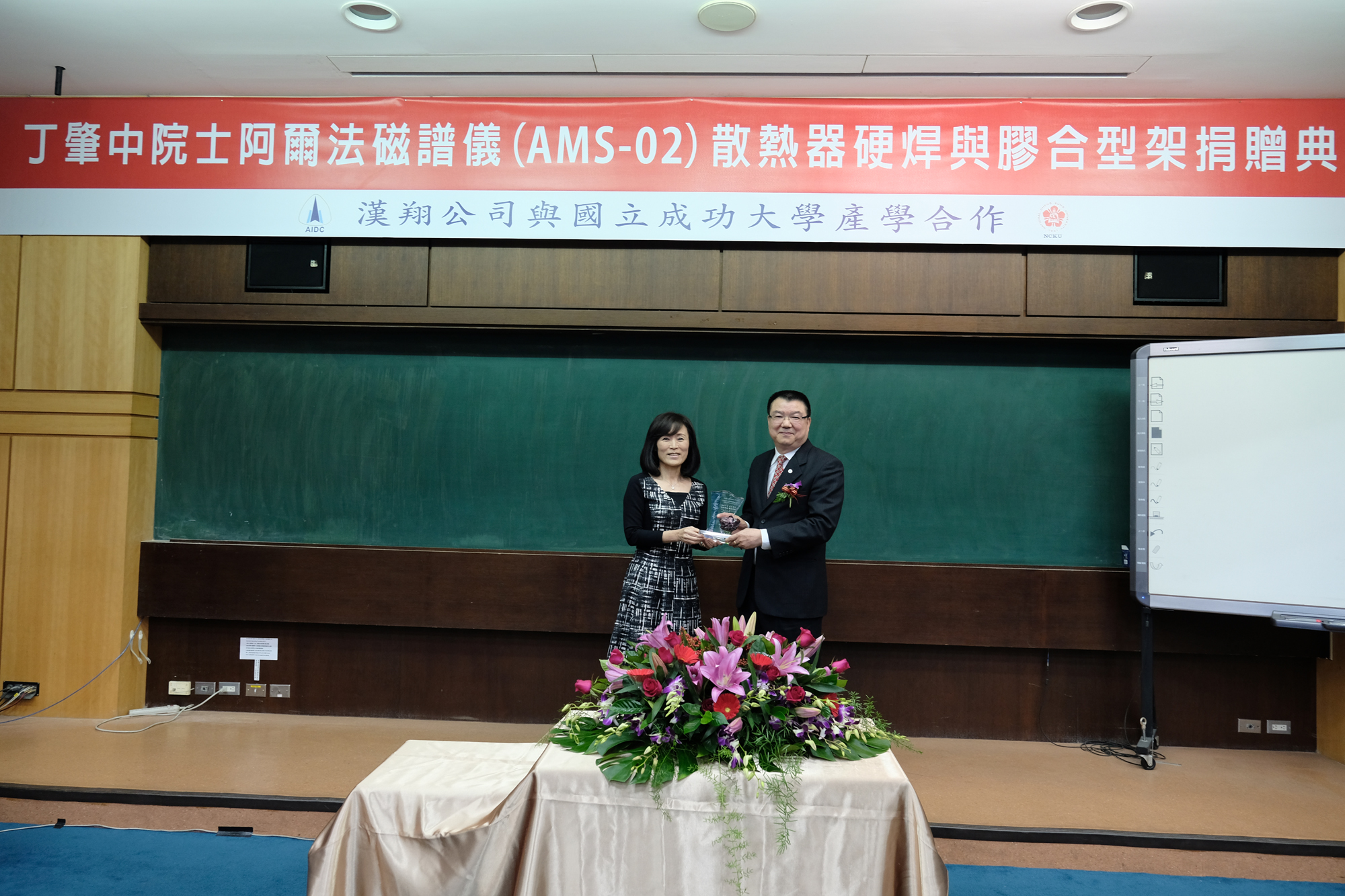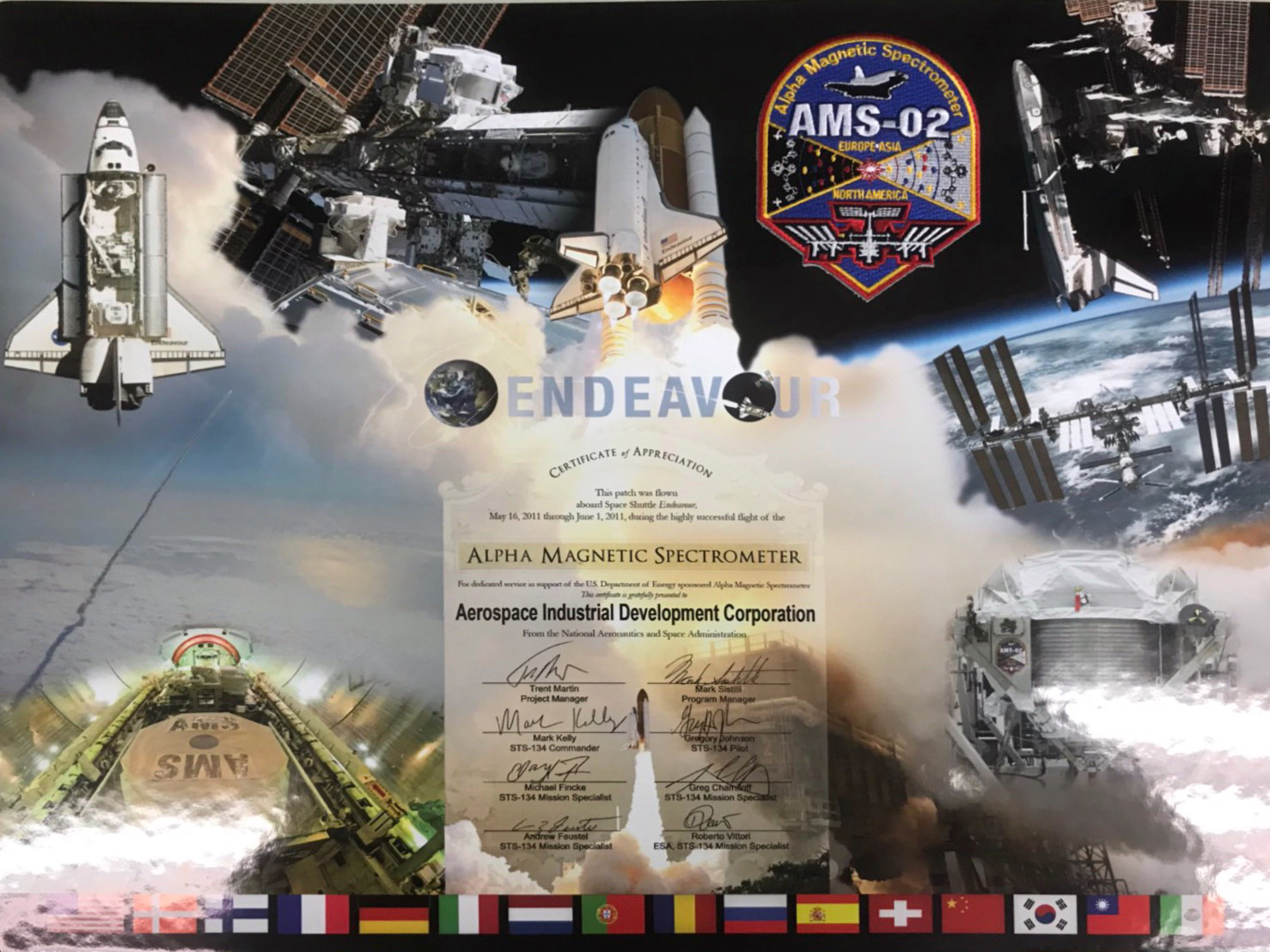2018/1/3
The AMS-02 program was initiated by Dr. Samuel C. Ting. AIDC donated the parts and components of the AMS-02 UTTPS to the National Cheng Kung University (NCKU) for teaching and learning purposes on an Industry-Academia cooperative research.
AIDC Chairman Liao mentioned that the donation was a concrete action for AIDC to promote a long term industry-academia cooperative relationship. As current students typically have limited opportunities to see the real products, AIDC accordingly provided students with the opportunity to learn and appreciate all that is involved with high-precision manufacturing of both tooling and aircraft structure design. Through the proliferation of industry-academy cooperation, Taiwan Aerospace Industries will attract new blood to foster qualified and talented individuals.
Dr. Su Huizhen, President of NCKU, said that the advancement into space will be a very important to the habitat search in the future. AIDC works closely with the NCKU team to mark a significant achievement in space. The new technology exploration must allow students to learn from concept to practice. The results of the team cooperation between the two parties fully reflect this value. Dr. Su also cited the intent of making films, of this important process and to apply it to teaching, aligned with the industry, and provide abundant and diverse teaching resources.
AIDC was invited again by Dr. Samuel C. Ting in 2007 to work on the design and manufacture of critical parts for the Thermal Control System of AMS-02. In 2016, AIDC was invited to team up with NCKU on the manufacture of the AMS-02 radiator components and completed delivery in November 2017. The AMS-02 project was considered by NASA as the most difficult space maintenance task ever. Recently, NASA issued a special certificate of appreciation and praised AIDC’s outstanding contributions and performance to AMS-02 quality and delivery.
AIDC team stated that since all instruments placed in space need to be able to withstand the most extreme environmental testing, in the process of fabricating heat exchanger structures, AIDC and NCKU’s team encountered various challenges in production, which were all successfully resolved. It is worth mentioning that the automatic cleaning system jointly developed by the two parties saved more than 150,000 US dollars (about NT$5 million) for the project and was commended by the Deputy Director of NASA. The pipe fitting cleaning program was incorporated into the standard operations of NASA program.
AMS-02 is research team consisting of more than 600 scientists from 16 countries, 60 universities, and research institutes. Currently Taiwan participants include AIDC, NCKU Central University, CSIST and Chinese Academy of Sciences. AMS-02 is supported by the US Department of Energy, NASA and the CERN. The experiment focused on measuring the various components of high-energy particles and cosmic rays in space, trying to answer the mysteries
AIDC Chairman Liao mentioned that the donation was a concrete action for AIDC to promote a long term industry-academia cooperative relationship. As current students typically have limited opportunities to see the real products, AIDC accordingly provided students with the opportunity to learn and appreciate all that is involved with high-precision manufacturing of both tooling and aircraft structure design. Through the proliferation of industry-academy cooperation, Taiwan Aerospace Industries will attract new blood to foster qualified and talented individuals.
Dr. Su Huizhen, President of NCKU, said that the advancement into space will be a very important to the habitat search in the future. AIDC works closely with the NCKU team to mark a significant achievement in space. The new technology exploration must allow students to learn from concept to practice. The results of the team cooperation between the two parties fully reflect this value. Dr. Su also cited the intent of making films, of this important process and to apply it to teaching, aligned with the industry, and provide abundant and diverse teaching resources.
AIDC was invited again by Dr. Samuel C. Ting in 2007 to work on the design and manufacture of critical parts for the Thermal Control System of AMS-02. In 2016, AIDC was invited to team up with NCKU on the manufacture of the AMS-02 radiator components and completed delivery in November 2017. The AMS-02 project was considered by NASA as the most difficult space maintenance task ever. Recently, NASA issued a special certificate of appreciation and praised AIDC’s outstanding contributions and performance to AMS-02 quality and delivery.
AIDC team stated that since all instruments placed in space need to be able to withstand the most extreme environmental testing, in the process of fabricating heat exchanger structures, AIDC and NCKU’s team encountered various challenges in production, which were all successfully resolved. It is worth mentioning that the automatic cleaning system jointly developed by the two parties saved more than 150,000 US dollars (about NT$5 million) for the project and was commended by the Deputy Director of NASA. The pipe fitting cleaning program was incorporated into the standard operations of NASA program.
AMS-02 is research team consisting of more than 600 scientists from 16 countries, 60 universities, and research institutes. Currently Taiwan participants include AIDC, NCKU Central University, CSIST and Chinese Academy of Sciences. AMS-02 is supported by the US Department of Energy, NASA and the CERN. The experiment focused on measuring the various components of high-energy particles and cosmic rays in space, trying to answer the mysteries

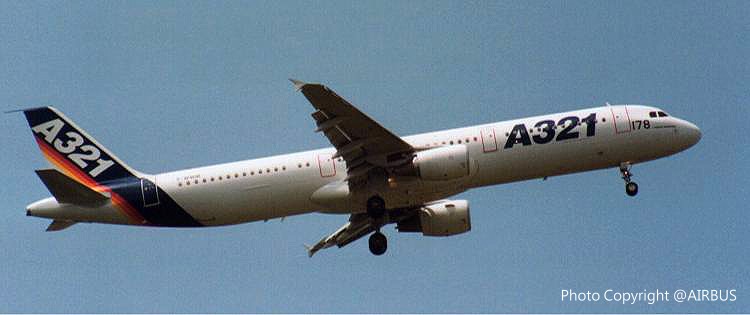
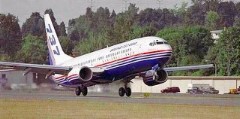
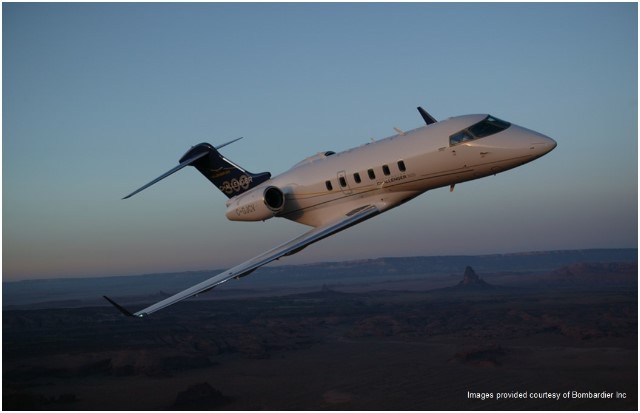
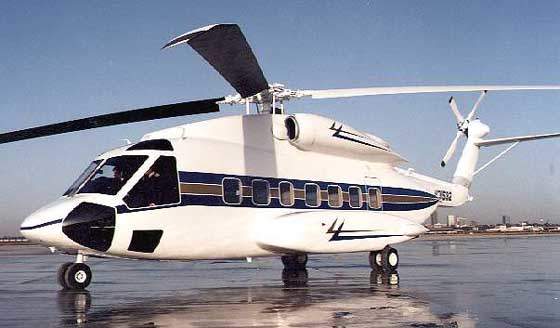
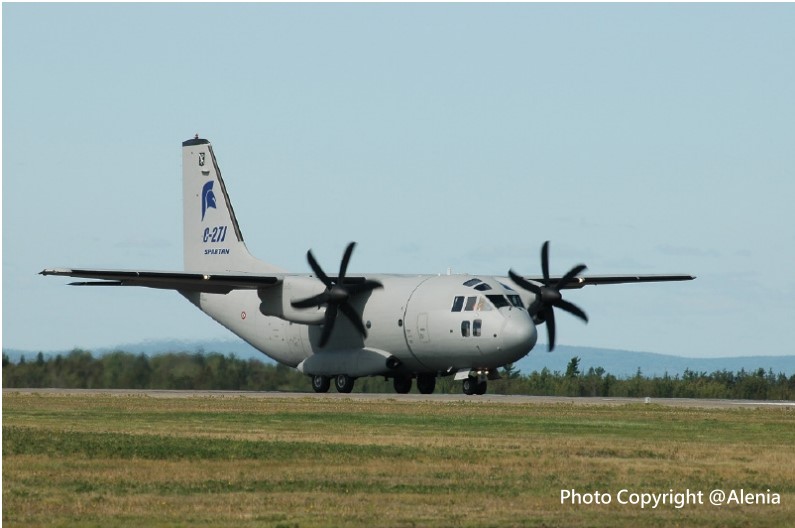
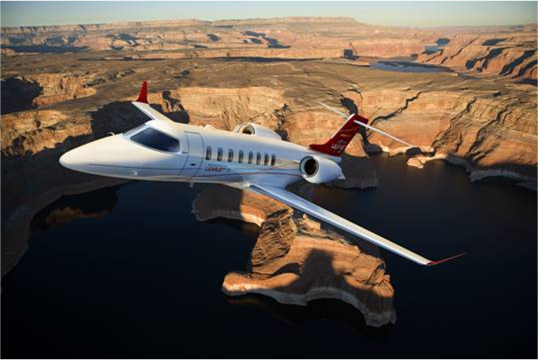
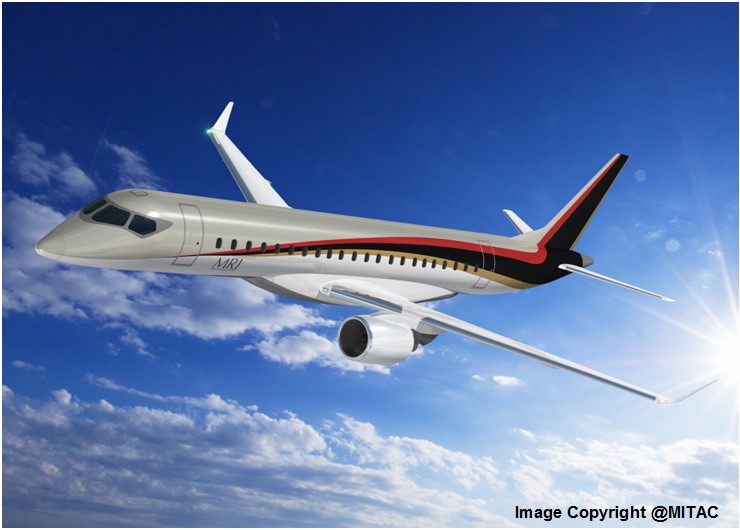
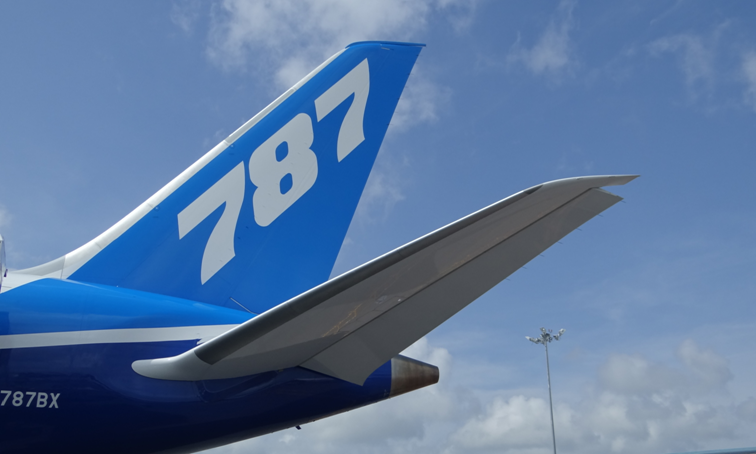
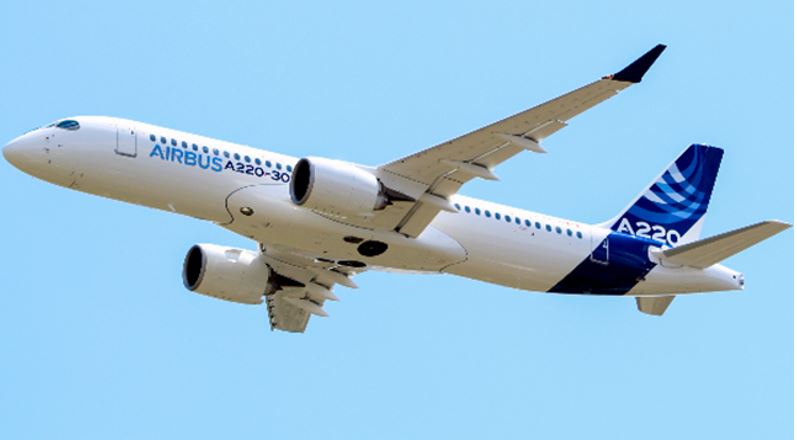
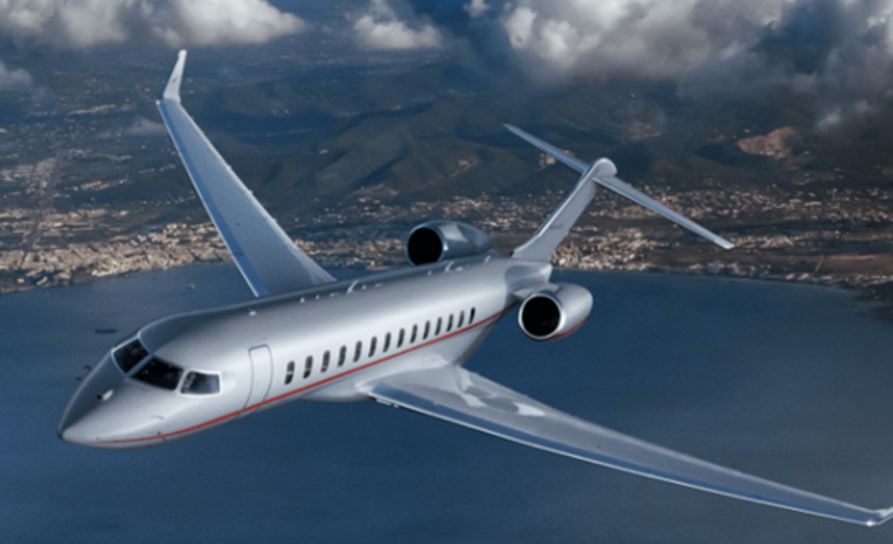

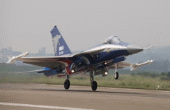
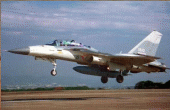
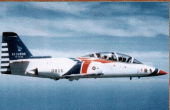
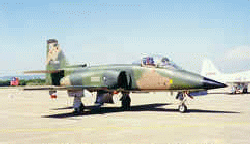
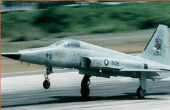
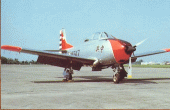
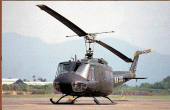
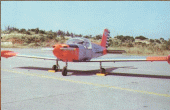
.jpg)
